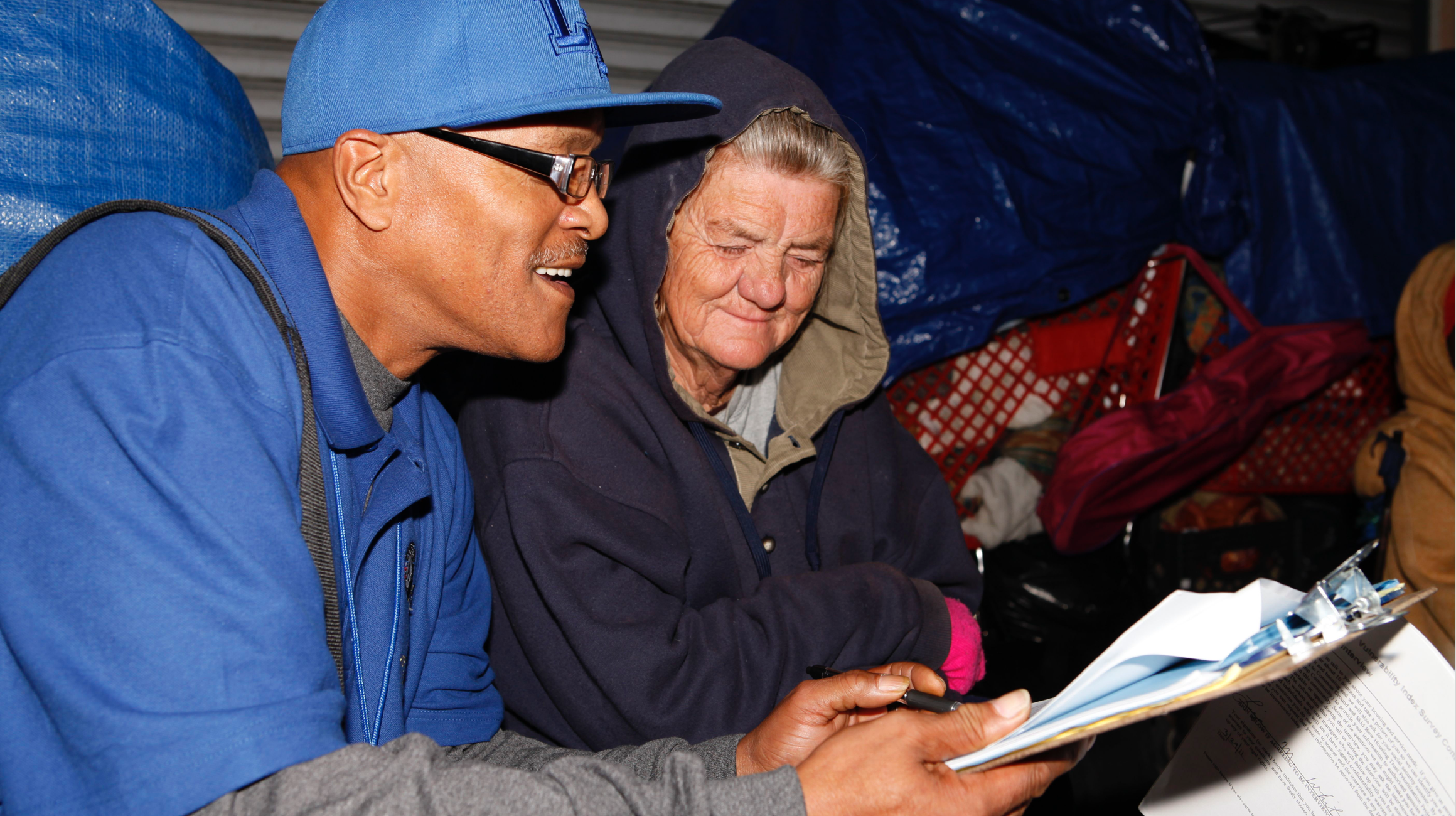Problem
More than 568,000 people experienced homelessness on a given night in the United States—before the pandemic. Homelessness shortens lives by years, undermines health, interrupts schooling for children, leaves lifelong scars, and prevents adults from finding and holding jobs. Longstanding approaches to homelessness have enabled it to become a pervasive and enduring crisis across the country.
The country’s homelessness crisis is deeply intertwined with historical and contemporary racism, disproportionately impacting Black people and Native Americans. Black people represent 13 percent of the United States population but make up 48 percent of individuals who are experiencing homelessness.








.png)
